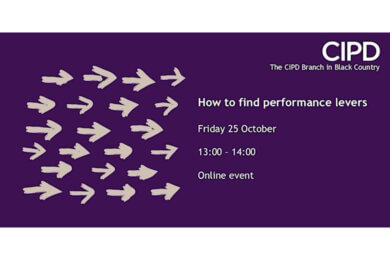
This is the sixth in a series of tips on how to handle crazy busy and not get caught up in the ‘fear’ of failing to handle it, and the resulting stress chemicals.
Sixth tip: Do you have a reflexive ‘yes’ habit?
Most of us are naturally helpful. When someone asks us to do something, our natural inclination is to say ‘yes’.
How do you typically react to a request?
a) Say ‘yes’?
b) Say ‘no’?
c) Think about consequences first, then reply?
What if it is a big request, or a small one? Do you react differently?
Which is easier for you to say? ‘Yes’ or ‘No’?
Does it make a difference who is asking?
Does it make a difference how they ask?
How concerned are you about what people might think of you based on your reaction?
Self-awareness is key, so this week, notice how you react and how you feel when someone asks you to do something. What’s your response ‘process’?
That’s all for now. Just notice. You will learn a lot 🙂
My best wishes, Paul




